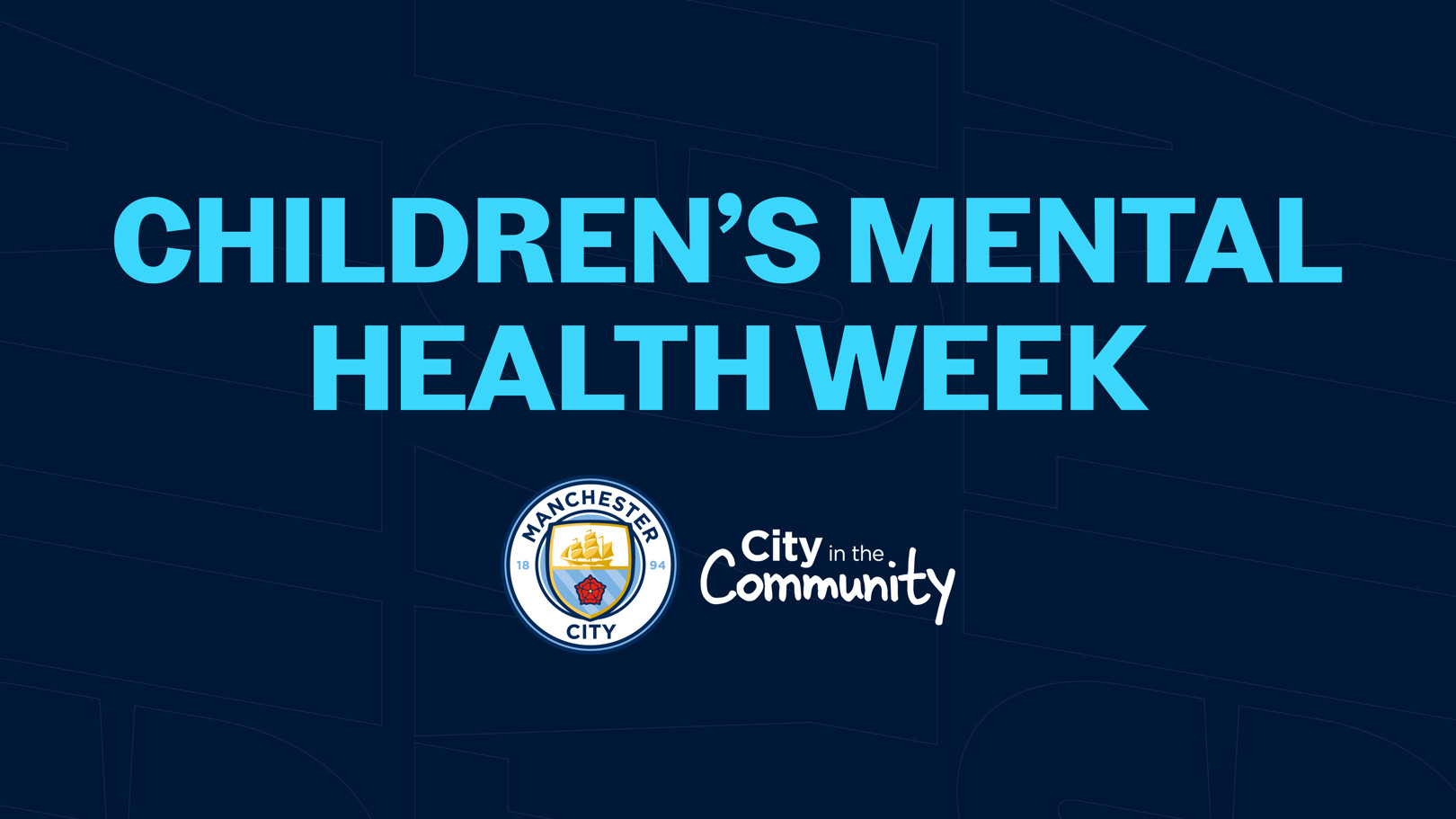As part of the campaign CITC is sharing the story of an anonymous participant who was first introduced to the CITC mental health programme by the NHS.
Prior to their referral, the participant had experienced emotional dysregulation, low self-esteem, and social interaction difficulties connected to potential learning difficulties, ADHD, and/or ACEs.
The participant was offered 1-2-1 mentoring with a CITC mentor.
As part of these sessions, they completed psychoeducation around anxiety, self-esteem and confidence, and emotional regulation (specifically related to managing feelings of anger and identifying anger triggers).
They also completed activities and worksheets around identifying their triggers and reflecting on what they and other people can do to help.
Sessions included, making a ‘self-soothe box’ to help with feelings of anxiety, and identifying their ‘superpowers’ to boost their self-esteem.
A CITC mentor, who works with the participant said: “The mentoring sessions provided a space for the participant to discuss their thoughts and emotions concerning relationships and feelings towards non-attendance at school.
“After beginning the mentoring sessions, they began attending extra-curricular activities including football and gaming sessions. We could see this boosted their confidence and happiness.
“The mentoring sessions have been able to help aid their transition back into school and have provided a safe space for the participant to discuss how they are feeling about school.”
Throughout February we are profiling the mentoring work of City in the Community as part of Children’s Mental Health Week.
If you have been impacted by any of the content in this post and wish to reach out, please contact your GP for further support or email citc@cityfootball.com and our team will help point you in the right direction.
City in the Community empowers healthier lives with city youth through football.
To find out more, visit www.mancity.com/CITC or follow the charity on social media @CITCmancity.





